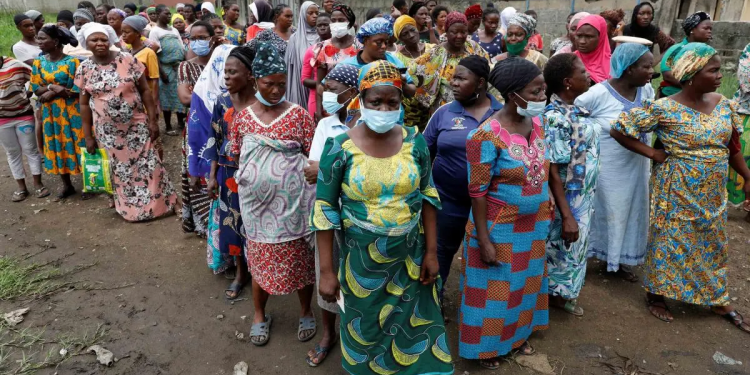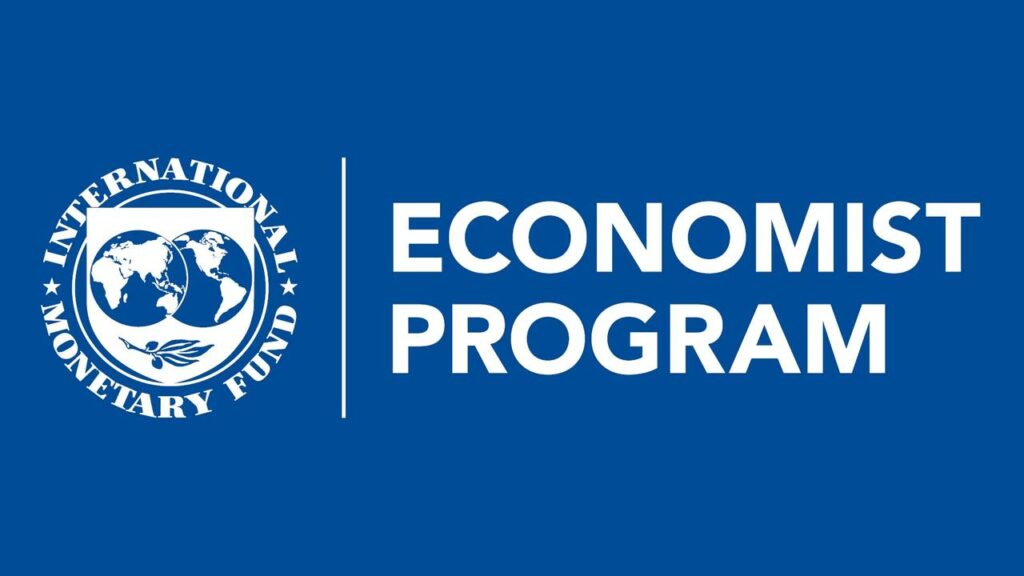Nigeria is confronting a severe economic crisis, with its income per capita declining sharply from $3,223 in 2014 to just $877.07 in 2024, according to the International Monetary Fund (IMF). This alarming drop highlights the challenges Nigeria faces in leveraging its population of over 220 million for sustainable growth.
Economist Tilewa Adebajo, CEO of CFC Advisory, noted that the nation’s sluggish growth rate of only 3% coincides with a 40% unemployment rate and 135 million Nigerians living in poverty. Adebajo attributed these issues partly to insecurity, particularly in the northern and southeastern regions, which hampers farmers’ access to their lands.
In 2023, only a few sectors, including mining, financial services, and waste management, experienced double-digit growth, while manufacturing grew a meager 1.45%. Adebajo emphasized that despite sound economic fundamentals, poor leadership and ineffective policy implementation have kept Nigeria in a state of stagflation.
Dr. Obiageli Ezekwesili, a former Minister of Solid Minerals, reinforced Adebajo’s points, criticizing the series of misguided policies from successive governments. She pointed out that Nigeria’s GDP per capita fell from $1,876 in 2007 to $1,688 in 2023, illustrating the consequences of prolonged economic mismanagement. Ezekwesili lamented, “The poorer segment of our population is so undeserving of these consequences of bad governance. That’s the painful reality.”
Comparing Nigeria to Singapore, which began its development journey around the same time, Ezekwesili highlighted a stark difference in governance quality. While Singapore’s GDP per capita is nearly 40 times greater than Nigeria’s, she argued that effective governance has allowed Singapore to harness its resources for prosperity.
Nigeria’s labor productivity also lags behind its peers. The International Labour Organization reports that Nigerian productivity is at $7 per hour, significantly lower than Gabon ($26), Botswana ($21), and Egypt ($20). Investment strategist Temitope Omosuyi pointed out that unreliable electricity, poor internet, and insecurity hinder worker productivity and quality of life.
The National Bureau of Statistics (NBS) reveals that 84% of Nigeria’s workforce was self-employed as of early 2024, a decline from 87.3% the previous quarter. Although unemployment figures may appear positive, a high underemployment rate suggests that many are stuck in low-paying, part-time, or informal jobs.
Healthcare entrepreneur Dr. Ola Brown illustrated the productivity gap by comparing hourly wages, with Nigerian workers earning an average of $3.24, compared to South Africa’s $19.68 and the United States’ $69. She explained that low productivity limits workers’ earning potential, constraining economic growth.
A recent Nigerian Economic Summit Group (NESG) report indicated that essential infrastructure contributes only 35% to GDP, well below the World Bank’s 70% benchmark, further hampering productivity across key sectors. Kalu Aja, Lead Consultant at the ECOWAS Commission, argued for prioritizing agricultural infrastructure over luxury spending by politicians, stating, “100 Dutch farmers generate more food for export than 10 million Nigerian farmers.”
Public affairs analyst Tochukwu Mana pointed to corruption as a significant barrier to productivity, noting that nepotism often shapes employment decisions, resulting in a demotivated workforce. Traffic congestion, security threats, and infrastructure failures further erode productivity and worker well-being.
The Penn World Table ranks Nigeria among Africa’s least productive countries, falling behind South Africa, Egypt, Kenya, and Morocco. This low ranking underscores Nigeria’s inadequate investment in human capital—measured by workforce knowledge and skills.
Experts agree that Nigeria’s productivity issues stem from governance failures, poor infrastructure, and widespread insecurity. Without substantial reforms, Nigeria’s potential for growth will remain stunted, leaving many citizens in poverty and underemployment. Dr. Ezekwesili warns that the consequences of ineffective governance are becoming evident, with few solutions for the vulnerable.
To overcome these challenges, Nigeria must implement evidence-based policies, invest in human capital, and improve infrastructure. Only then can the nation unlock its demographic potential and achieve sustainable growth, ultimately lifting millions out of poverty.










